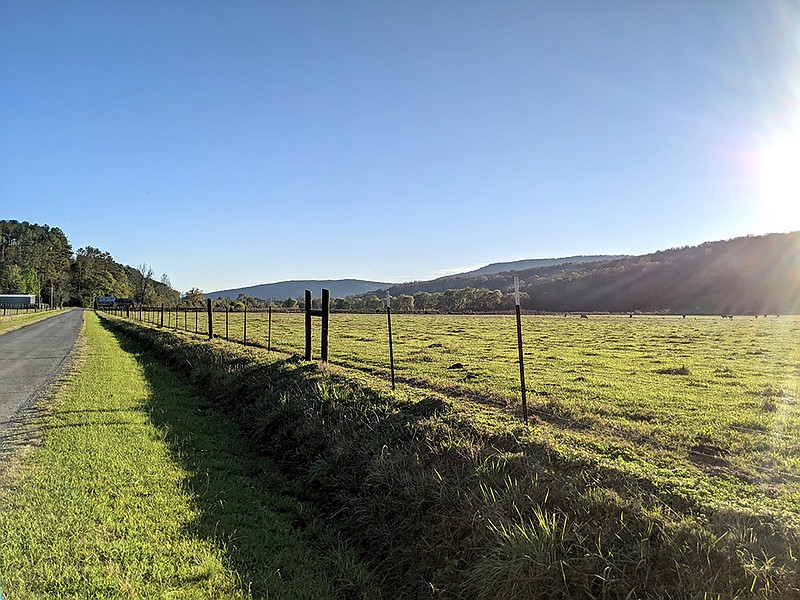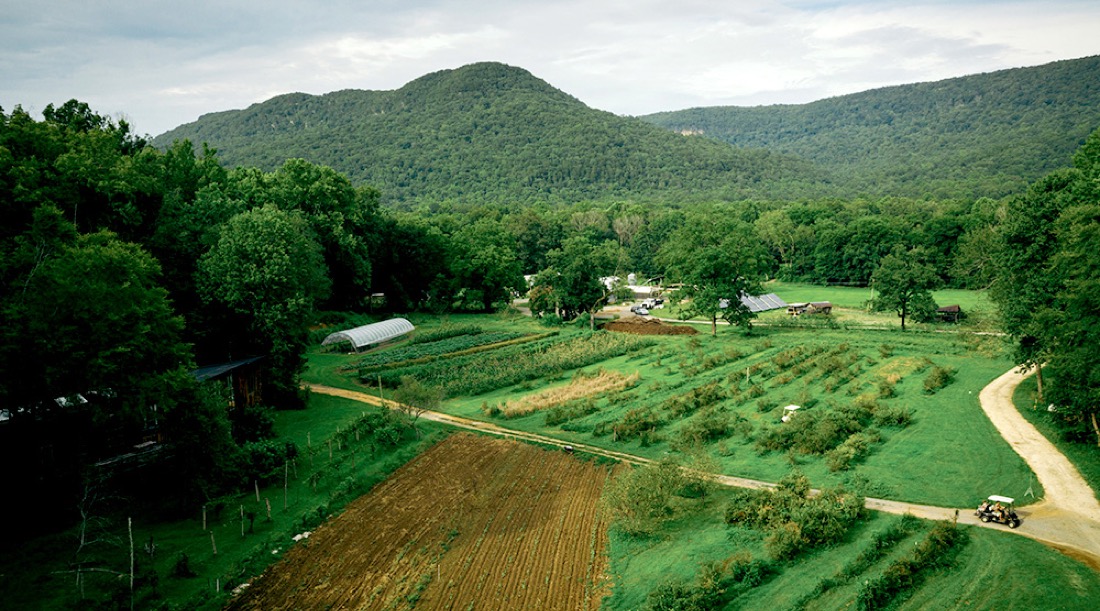As the region grows in industry and population, land is the greatest asset that directly impacts public health by providing active recreation opportunities and supporting ecosystems that support clean air and water. Therefore, conservation easements by willing landowners to protect land are a valuable tool that contribute to communities' longterm health and livability.
What is a conservation easement?
A conservation easement is a legal arrangement that permanently limits how a tract of land can be developed in order to protect its conservation values.
What a conservation easement means for your property.
It's important to realize that, in many ways, a conservation easement does not limit ownership or use of the land. In a conservation easement, the landowner still owns and can live on the land. The property may be sold or left to heirs. Construction of homes and structures is allowed in recommended areas.
Farming and timber management are still allowed on the land, as well as recreational activities like hunting and fishing. Landowners also retain the right to allow or restrict public access to the property.
What are the benefits of a conservation easement?
There are plenty of reasons to consider a conservation easement on a property. Many people enter a conservation easement to protect a place that is meaningful to them, such as a family farm, or to contribute to the natural legacy of a region.
Peace of mind. A good land-trust partner will work alongside a landowner to meet their hopes for their property while benefiting the landscape of the region at large.
Income tax deduction. When development rights are relinquished, the appraised value of the property decreases. Based on that difference, a landowner might be eligible for an income tax deduction.
Reduced taxes. Based on the property's current value and other factors such as zoning and land use, the easement may reduce property taxes.
Estate planning. A conservation easement may also reduce fees associated with estate planning and help keep land within families.
Who to contact in our region?
Several organizations in Thrive Regional Partnership's Natural Treasures Alliance work with private landowners to understand and meet their desires for their properties. If you're considering a conservation easement, here are a few partners to call:
Land Trust for Tennessee
Georgia Alabama Land Trust
Open Space Institute
This article is based on guidance from our partners at the Land Trust for Tennessee. Learn more at landtrusttn.org/for-landowners/protect-your-land.

